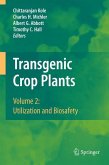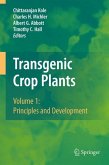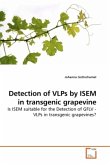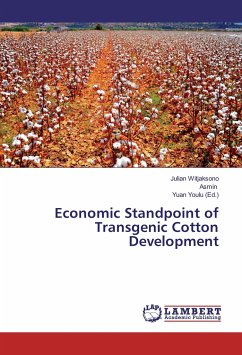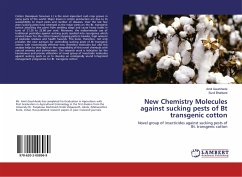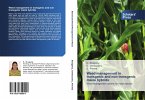Currently, it is doubtful whether the existing global resources and technologies will satisfy the demands of this growing population for food and other consumer commodities. The challenge, therefore, is how to meet these needs mainly by increasing production. Biotechnology programs in the field of crop improvement are rapidly emerging in Ethiopian and other African countries to address resistance to different biotic and abiotic stresses. The relevance of genetic modification in producing transgenic crop varieties with resistance to pesticides, insects, and diseases cannot be ignored, given the prohibitive costs to farmers of chemical inputs and yield losses. This book, therefore, can provide a clue on the basic techniques and procedures utilized in the development of transgenic crops to students, researchers and others interested persons in genetic engineering.


